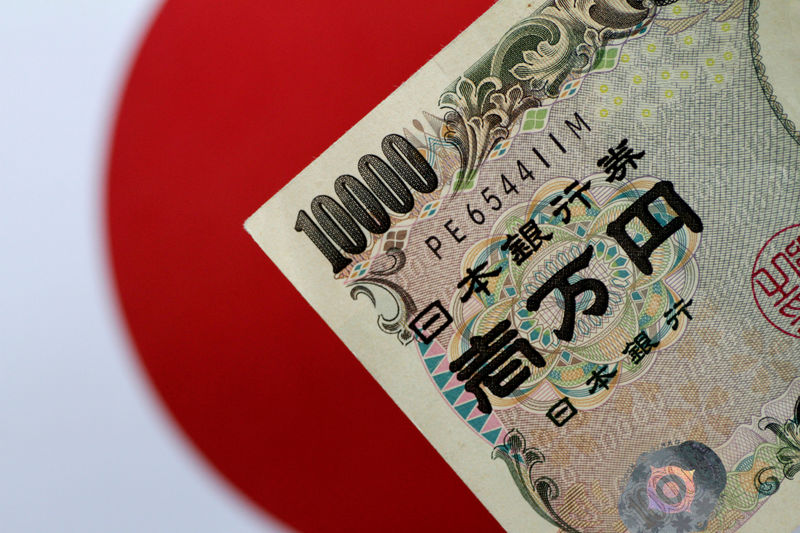PoundSterlingLIVE - Image © Adobe (NASDAQ:ADBE) Images
The recent announcement of new tariffs by U.S. President-elect Trump has sparked interest in the Japanese Yen (JPY) as a hedge against a broader trade conflict.
This interest partly stems from the Yen's appreciation around new tariff announcements in 2019.
According to Goldman Sachs (NYSE:GS), however, the current macroeconomic and market conditions suggest the Yen's strength may be less pronounced than in the past and the currency might not be the ideal hedge this time around.
Goldman Sachs identifies two key factors that may contribute to this more muted support for the Yen:
US inflation:
Prior to 2019, core PCE had been averaging 1.5%.
Currently, it stands at 2.65% after reaching a peak of nearly 5.7% in 2022. This difference in inflation levels suggests that the Federal Reserve (Fed) might make fewer rate cuts in 2025, unlike the situation in 2019 when the Fed eventually resorted to cutting rates
A second-term president:
The fact that the US has a second-term president with a familiar approach to tariffs could lead to a less dramatic reaction in the market.
While the Yen's safe haven status may provide some support in times of escalation, its potential for appreciation appears limited.
Goldman Sachs emphasises that the U.S. macroeconomic backdrop remains the most important driver of Yen performance.
Back the Swiss Franc Instead
Furthermore, Goldman Sachs suggests that the Swiss Franc (CHF) might be a more favourable 'long' position than the JPY in the event of a broader-than-expected trade war.
According to Goldman Sachs, the Swiss Franc (CHF) is attractive as a long position in a scenario where a trade war becomes more extensive than anticipated.
There are two primary reasons behind this assessment:
Impact on European Growth: A trade war is expected to have significant negative implications for European growth. The CHF, in this context, offers protection against such a deteriorating economic outlook in Europe
Limited Yield Downside: The potential for yields to decline in the US appears limited. This factor further enhances the appeal of the CHF as a long position
While the report highlights the Yen's historical role as a safeguard against US recession fears and acknowledges its modest depreciation over the next year due to its safe haven status and policy uncertainties, the CHF emerges as a more compelling choice if the growth outlook demonstrates resilience against heightened tariffs.
An original version of this article can be viewed at Pound Sterling Live
